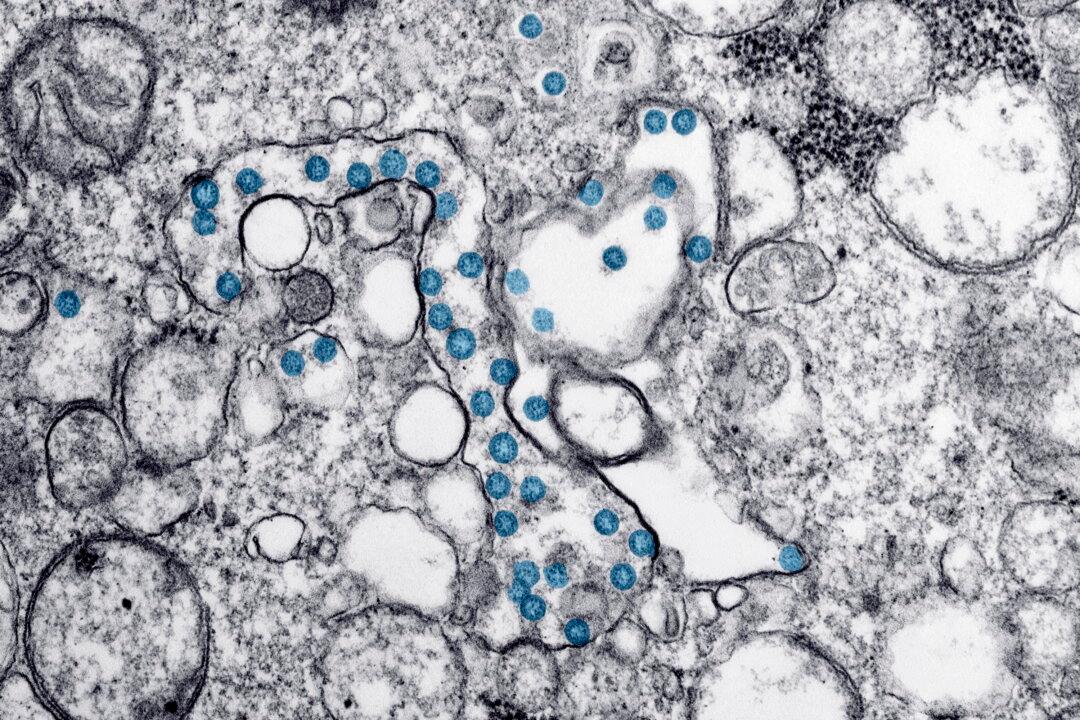Up to a third of the hospitalized CCP virus patients who are seriously ill are developing dangerous blood clots, according to a study conducted in the Netherlands, and an experimental drug to prevent them is about to be trialed in the United Kingdom.
The drug, a molecule known as TRV027, is set to be trialed in 60 patients with confirmed or suspected infection in hospitals in the United Kingdom, according to a release.





